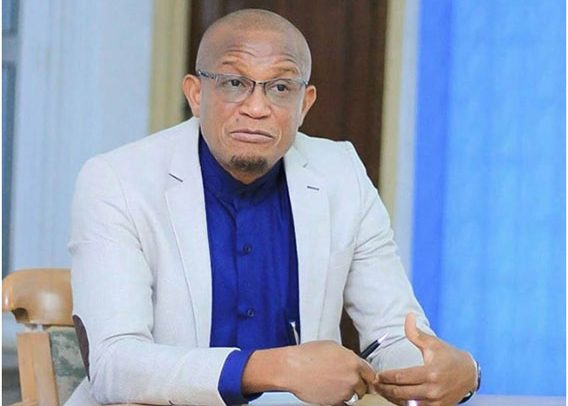Mustapha Abdul-Hamid
MUSTAPHA Abdul-Hamid, Chief Executive of the National Petroleum Authority (NPA), has assured Ghanaians of government’s effort to ameliorate the effect of the rising prices of petroleum products at the pumps in Ghana.
“There is going to be heavy sacrifices on the part of government, NPA and everybody so that together, we can move our country forward,” he noted.
The CEO intimated that the total amount of tax that goes to central government on a litre of fuel is around GH¢1.90, which may not be that significant to individual consumers, given the recent frequent rising cost of fuel on the international market.
On the flip side, he said “this, will be a huge revenue loss to government, because that amounts to a loss of GH¢4 billion and over on government revenue side, yet everybody wants their road to be tarred.”
Dr. Mustapha Abdul-Hamid, however, alluded to genuine demands of Ghanaians on government to provide one facility or the other for the people, albeit at a time that government will be bleeding from its revenue points.
Dr. Abdul-Hamid said this when he paid a visit to the Western Regional Minister as part of his familiarisation tour of the region.
“I am here to familiarise myself with the operations at Atuabo Gas Plant, CEPS, among others,” he said.
Kwabena Okyere Darko-Mensah, Western Regional Minister, was happy about the visit.
He noted that “NPA, is known to handle the pricing of petroleum product; the space to manage is difficult especially where we are expecting crude oil prices around $61, and now we are looking at $120 per barrel, it becomes very difficult and a lot of Ghanaians do not seem to know or appreciate.”
According to him, all the taxes that government has put in place are very little: “You have a problem with such situation, whether to take-off these taxes and stop development or keep it and do development and people will cry.”
“You should find a way to get our message directly to the people for them to know that in the budget it is only $60 but currently, the price is $120. If we decide to go and borrow money or cushion Ghanaians, no matter what, we will still pay! We are going to pay!” he said.
He added that “let Ghanaians know how prices are changing, and how it is affecting the real price that we need to pay; if you cannot buy the petrol, definitely, there should be alternative to use as it is done in other countries.”
“We, at the Regional Coordinating Council (RCC), we do acknowledge the problem that you have been encountering, such as illegal bunkering on petroleum product; you need to come and visit these communities and then engage them rather than arresting them, so that the other people will know that what they are doing is wrong,” Mr. Darko-Mensah said.


